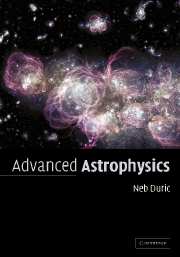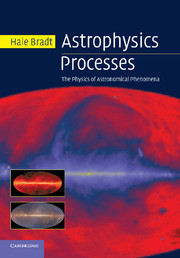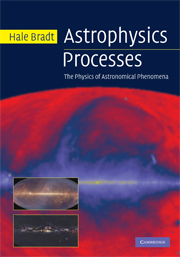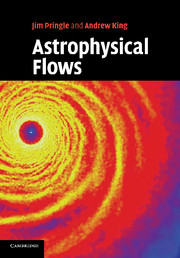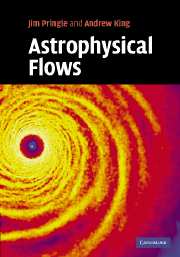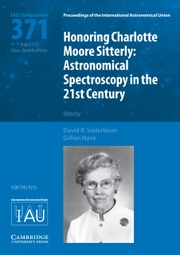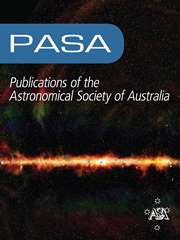Advanced Astrophysics
Astronomy describes the mechanics of the universe in the more basic language of physics, otherwise known as "astrophysics". Knowledge of black holes, quasars and extrasolar planets requires understanding of the physics underlying astrophysics. This book clarifies the fundamental principles of the field as well as the important astronomical phenomena it describes. Readers will gain a greater appreciation of the connection between physics and astronomy.
- Unique approach to the teaching of astrophysics through the main themes in physics
- Subjects are divided according to the four major areas of physics; classical mechanics, statistical mechanics, electromagnetism and quantum mechanics
- Single volume text on astrophysics
Reviews & endorsements
"[This books] will be useful to all students of astronomy and astrophysics, irrespective of whether they intened to specialize in observational astronomy. The material can be adapted easily for various related courses, which makes the book even more valuable." Physics Today, T. Padmanabhan
Product details
December 2003Paperback
9780521525718
312 pages
254 × 178 × 17 mm
0.55kg
134 b/w illus. 14 tables
Available
Table of Contents
- Part I. Classical Mechanics:
- 1. Orbital mechanics
- 2. Galaxy dynamics
- 3. Cosmic expansion and large-scale structure
- Part II. Statistical Mechanics:
- 4. Overview of statistical mechanics
- 5. The early universe
- 6. Stellar structure and compact stars
- Part III. Electromagnetism:
- 7. Radiation from accelerating charges
- 8. Bremsstrahlung and synchrotron radiation
- 9. High energy processes in astrophysics
- 10. Electromagnetic wave propagation
- Part IV. Quantum Mechanics:
- 11. The hydrogen atom
- 12. The interaction of radiation with matter
- 13. Atomic fine structure lines
- 14. Atomic hyperfine structure lines
- 15. Transitions involving multi-electron atoms
- 16. Molecular lines in astrophysics.

